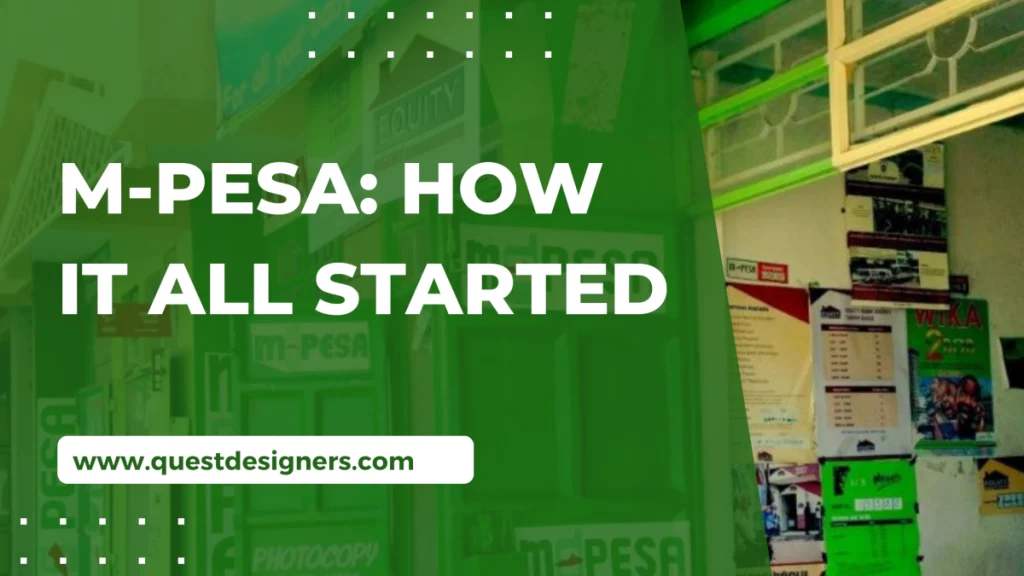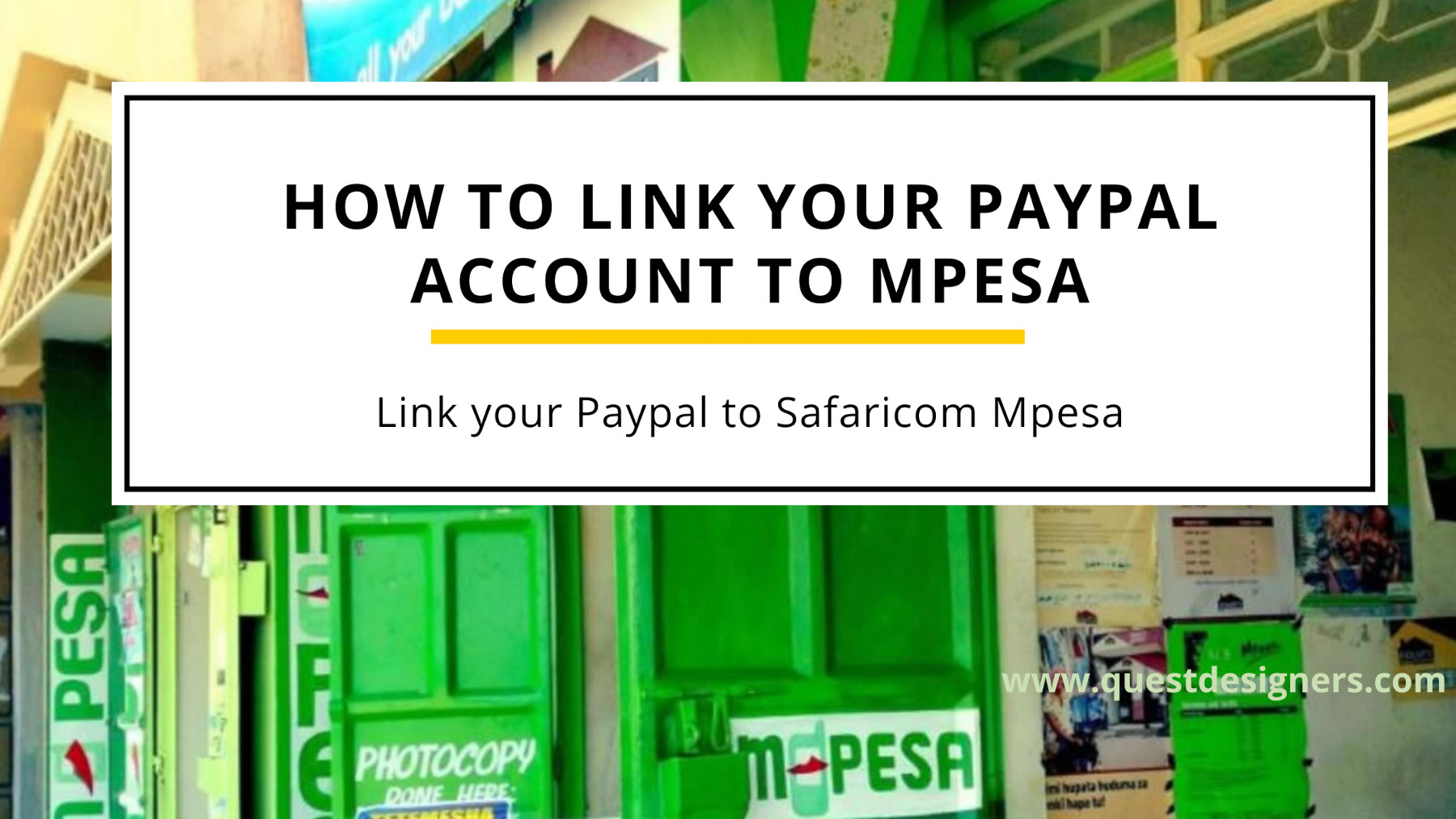Table of contents
What is M-Pesa?
M-Pesa is a mobile money service. It is the largest fintech platform and the most successful mobile money service in Africa. M is for mobile, and Pesa means money in Kiswahili. The platform was launched in 2007 and has since grown exponentially.

M-Pesa owes its success to the safety and convenience of using the service. Also, the requirements for using the services are a mobile phone and a National Identity Card, and as such, the service is available to a large demographic. Over 51 million African individuals use M-Pesa services to receive and send money, pay bills, buy airtime, save, and get loans.
The platform offers banking services without actual bank branches. Rather, there are M-Pesa agents who offer the services in retail outlets. M-Pesa has been applauded for availing banking services to millions of people. However, there are some who criticize the service for its high cost of transactions.
History
In October 2005, Safaricom and Vodafone launched the platform in Kenya. At the time, M-Pesa was targeting individuals who were using Safaricom mobile services but did not have bank accounts. Vodafone had won funds from a competition sponsored by the UK government; the competition’s agenda was to encourage private companies to participate in innovation. With the money won, Vodafone launched M-Pesa.
In the pilot stage, Safaricom was faced with the challenge of gaining trust from agents. However, when Vodafone added the service to buy airtime on the platform, people began to be more receptive and trusting. By March 2006, over 50 million Kenya Shillings had been transacted through M-Pesa, and the success of the pilot stage encouraged Vodafone to take the platform full scale.
Data collected from the pilot stage confirmed that the market needed M-Pesa services. In the pilot stage, the service facilitated payments and disbursements of loans for Faulu customers. Airtime purchase was introduced a little later. M-Pesa fully launched commercially in March 2007.
How Mpesa Works
Customers who are subscribed to Safaricom mobile services can register for M-Pesa services at authorized agents, usually airtime resellers or other retailers. After registering, the individual can access all M-Pesa services, including cash deposit and withdrawal, airtime purchase, saving, acquiring small loans, paying bills, sending and receiving money from other service users.
When registering, one is required to choose a PIN confidentially that is used to complete all transactions. After every transaction, a text message is sent to both the sender and recipient confirming that the transaction has been completed.
Services
- Local transfers: M-Pesa users can send and receive money in real time to other users registered in the same country. Also, they can send money to customers using other mobile money transfers.
- International transfers: M-Pesa subscribers can send and receive money in real time across borders through international remittance partners.
- PayPal Mpesa Integration: Mpesa customers can withdraw PayPal balance using the Mpesa.
- Cash in and out: The platform allows subscribers to convert money from physical currency to e-money and vice versa at authorized agent stalls or ATMs.
- Payments: One can pay utility bills, school fees, shopping, taxes, and more using M-Pesa.
- Airtime and Data: One can buy airtime and data bundles through the platform.
- Short-Term Loans: M-Pesa users can build a credit score, allowing them to access loans on platforms like M-Shwari, M-Pawa, and KCB M-Pesa.
- Saving: Customers can save money on the platform, allowing them to build a credit score.
- Overdraft: Customers can access an overdraft when they do not have enough funds in their accounts to make payments. The overdraft amount is dependent on the customer’s credit score.
- Bank Transfers: M-Pesa customers can do bank transfers virtually in real time.
M-pesa Effects on Kenya’s Economy
A study on the impact of M-Pesa on the Kenyan economy established that easy and convenient access to mobile banking has reduced poverty. 2% of households have been taken out of abject poverty. Also, about 200 000 women have been able to move from subsistence farming into business.
Poverty has been reduced because of better financial behavior; M-Pesa facilitates easier and convenient saving and a change in occupation choice of subscribers. Saving on the platform, and access to credit allows users to have funds for expanding or starting small businesses. M-Pesa provides a platform for easy and fast money transfers, and that helps the economy.
Before M-Pesa, the average distance to the nearest banking facility in Kenya was 9 kilometers. However, by 2015 there was an M-Pesa agent every kilometer, and that helped people adopt fast to mobile banking. Ease of access helps people protect themselves in times of economic crisis and emergencies.
Criticism
M-Pesa has had its fair share of criticism. The almost monopolistic mobile banking platform imposes hefty transfer charges on its poor consumers; for example, it costs $0.30 to transfer $1. Illiterate and old customers are often targeted for unfair practices within the platform. They are exposed to ringtone subscriptions with opaque pricing and do not know how to unsubscribe from the services.
Alan Gibson, an economist, conducted a study and concluded that since M-Pesa, there has been a decrease in credit to the agricultural sector. Also, he concluded that the financial industry profited exponentially at the expense of poor customers. Huge profits are made from overcharging for small transactions that would otherwise be free if done using physical money. Also, a large part of the profits is sent overseas to foreign shareholders.
There are no data protection laws in Kenya, and therefore Safaricom can freely use information collected from its customers. In 2019, Safaricom was sued for allegedly breaching data privacy of 11.5 million customers who had used the platform to bet. The data had allegedly been leaked to the black market.
Parting-Shot
Due to convenience and ease of access, mobile banking is being embraced by developing countries where people have little to no access to conventional banking. Revolutionary services offered by mobile banking platforms such as M-Pesa are changing the traditional way of banking. Economies are changing from hard cash to digital money. Governments should, however, regulate mobile banking platforms to ensure that the privacy of customers is preserved, and the costs of transactions are not exorbitant.
You can check also:

Paypal to Mpesa: How to link Mpesa to PayPal
Link Mpesa to Paypal In this guide, I will take you through how to link Paypal to Mpesa. What is … Read more about Paypal to Mpesa: How to link Mpesa to PayPal

Guide to Mpesa Integration to a Website
In this guide, I will take you through how to integrate Safaricom Mpesa Paybill to your website. We will start … Read more about Guide to Mpesa Integration to a Website
